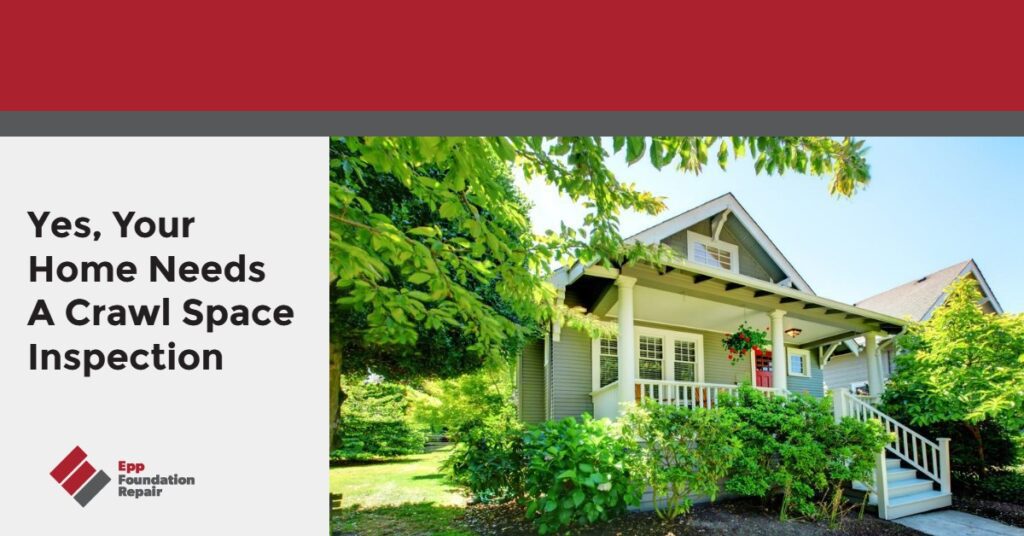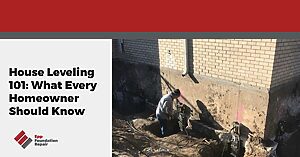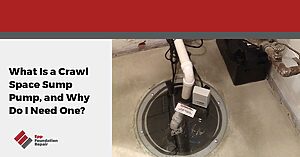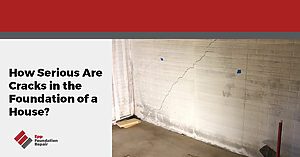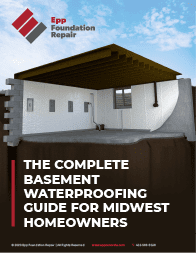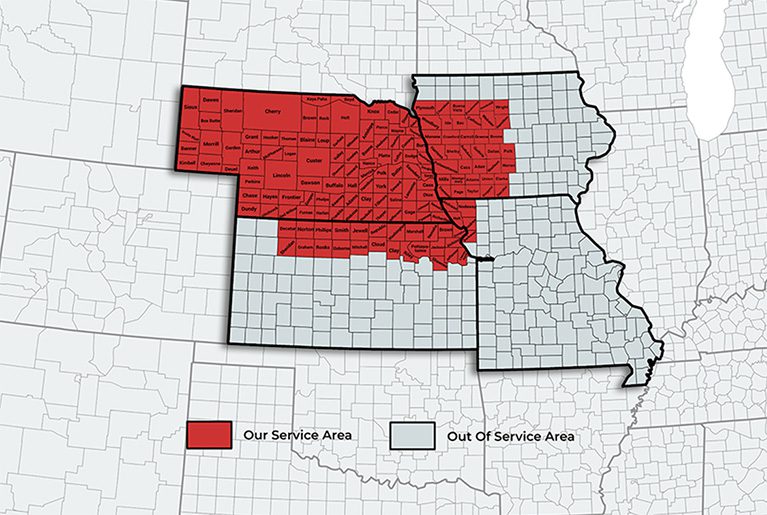Yes, your home needs a crawl space inspection, and we’re going to tell you why. So, don’t hit that back button. In this article, you’ll learn why you need a crawl space inspection, when to get one, how crawl space inspections are performed, and more.
Yes, Your Home Needs a Crawl Space Inspection, and Here’s Why
Your home’s crawl space may be out of sight, but that doesn’t mean it should be out of mind. Your home needs a crawl space inspection for two main reasons:
- Some of the air in the crawl space finds its way into your home’s living area.
- Damage to the wooden structures in the crawl space will affect your home’s structural integrity.
A certain percentage of air from the crawl space flows up and into your living area due to the “stack effect.” If your crawl space is full of mold and other allergens, your home will be as well. This can cause respiratory problems for anyone living in the home.
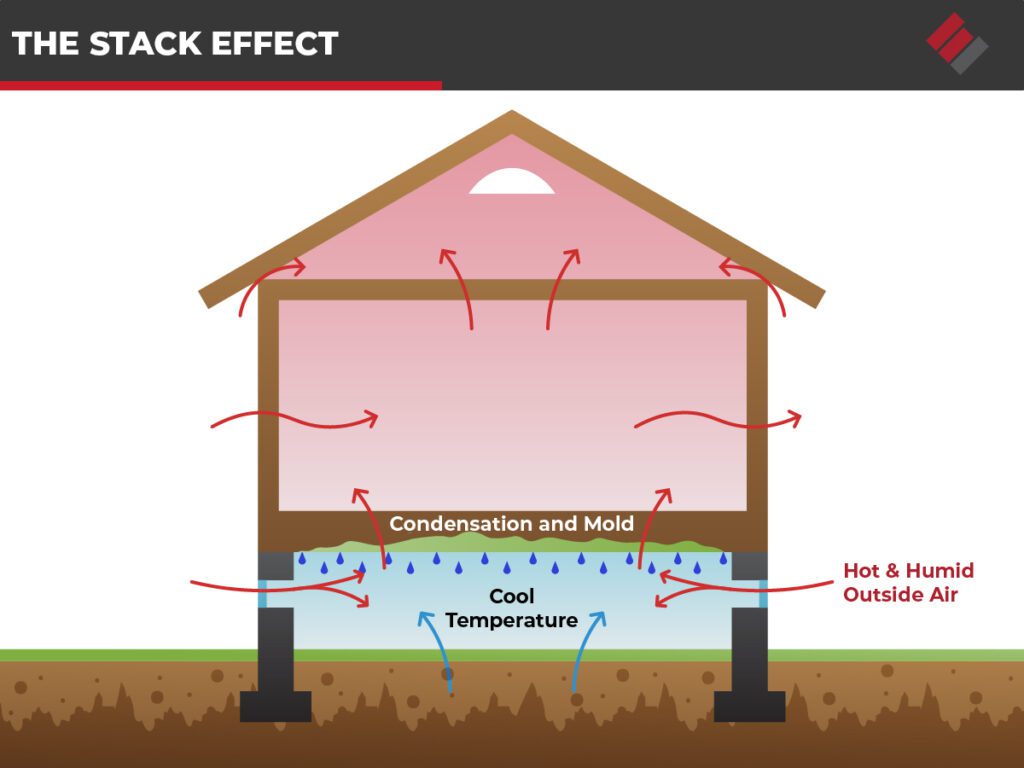
You don’t want mold on the wooden structures in the crawl space (i.e., beams, joists, etc.) because mold eats wood. Also, mold in a crawl space means moisture in the crawl space, and moisture attracts wood-eating pests like termites. Both these things will eventually affect the home’s structural integrity. Also, if the mold in the crawl space isn’t eliminated, it will spread upward and reach the baseboards and floors above the crawl space.
When to Get a Crawl Space Inspection
If you notice any of the following, it’s time to call a foundation repair contractor and ask for a crawl space inspection:
- Your home smells musty – This is a sign the crawl space is full of mold.
- Your wood floors are warped – This is a sign of moisture in the crawl space.
- There’s mold on your floor or baseboard – You might have mold in the crawl space that’s spreading.
- You’re paying more for heating and cooling – When the crawl space is damp, the air flowing up and into your home is also damp. Humid air is harder to heat and cool, leading to higher energy costs.
- You have a pest problem – These could be insects, rodents, or even snakes. The damp crawl space attracts them, and then they find their way into your living area.
- There’s condensation in your home – This can happen if hot, humid air flows into the crawl space via vents and then flows up into the home. It comes into contact with cooler surfaces, and condensation forms.
- Before buying or renting a home – You should never buy a home without first having the crawl space inspected by a professional. You really shouldn’t rent a house either without having a professional first look at the crawl space, especially if you’re being asked to sign a lease.
How Is a Crawl Space Inspection Performed?
During a crawl space inspection, the first thing we do is ask the home’s residents if they’ve noticed anything suspicious that leads them to believe there might be a problem with the crawl space.
We then visually inspect the home, looking for cracked walls, floors, ceilings, bowed foundation walls, signs of differential settlement, water intrusion, etc. We also check the humidity level in the home and perform a floor level survey.
At the end of the inspection, we’ll tell the homeowner if there are any foundation problems, and if so, we’ll offer a repair estimate. The entire process usually takes 1-1.5 hours.
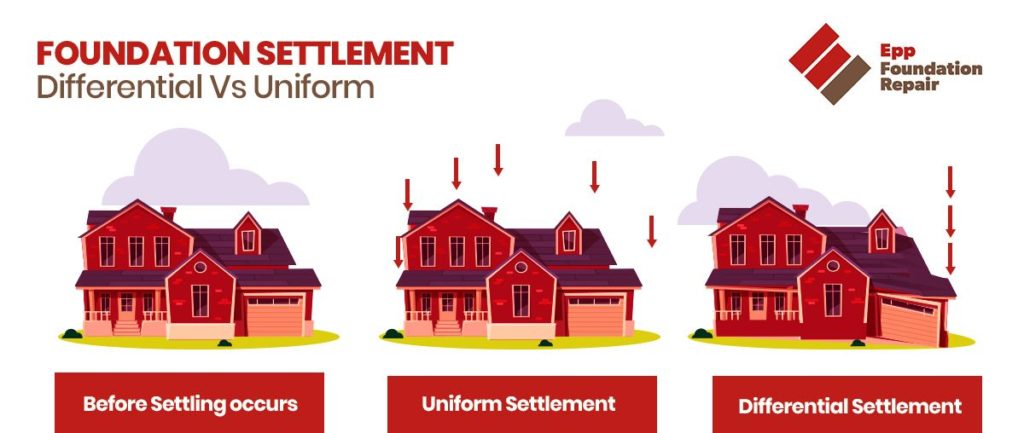
Can I Do My Own Crawl Space Inspection?
Apart from opening up the entrance to the crawl space and taking a quick peek with a flashlight, we don’t recommend homeowners do their own crawl space inspection for the following reasons:
It can be dangerous to crawl around underneath your home. Un-waterproofed, un-encapsulated crawl spaces are often full of toxic mold, pests such as rodents, spiders, snakes, deadly rodent droppings, and sharp objects. If you must enter the crawl space, wear protective gear, including a respirator.
Another reason we don’t recommend DIY crawl space inspections is that most homeowners don’t know what to look for. Therefore, they might overlook something a professional would easily spot.
Getting down on your hands and knees in a damp, dirty crawl space is not fun. So, our recommendation is to leave this to the pros.
Crawl Space Repair – Waterproofing and Encapsulation
Waterproofing and encapsulation is the only way to keep a crawl space clean and dry.
Crawl Space Waterproofing
The best way to keep water out of your home’s crawl space is by preventing excess water from building up in the soil around the foundation. In other words, waterproofing done correctly keeps the soil around your foundation dry. The best way to achieve this is via a drain tile system. A drain tile system is a crawl space waterproofing gold standard. Here’s how it works:
Instead of merely erecting a barrier to keep water out of the crawl space, a drain tile system prevents water from building up in the soil around the foundation. When your soil is dry, so is your crawl space.
For more information on how a drain tile system works, see How Does A Drain Tile System Work?
Crawl Space Encapsulation
If you want to kick things up a notch after waterproofing, encapsulation will keep your crawl space clean. Crawl space encapsulation involves covering the floor and the walls of the crawl space with a thick, puncture-resistance vapor barrier. Encapsulation completely seals off the crawl space from the dirt floor. Some homeowners use their encapsulated crawl space to store things like holiday decorations, tools, etc.
For more information about crawl space encapsulation, see Is Crawl Space Encapsulation Worth It? Yes!
Dehumidifier
Installing a dehumidifier in the crawl space will keep moisture down and help prevent mold from forming. Here at Epp Foundation Repair we use Aprilaire dehumidifiers.
If you think there might be a problem with your home’s crawl space and you’re in our service area in Nebraska, Iowa, Kansas, and Missouri, contact us today for an inspection and repair estimate.

